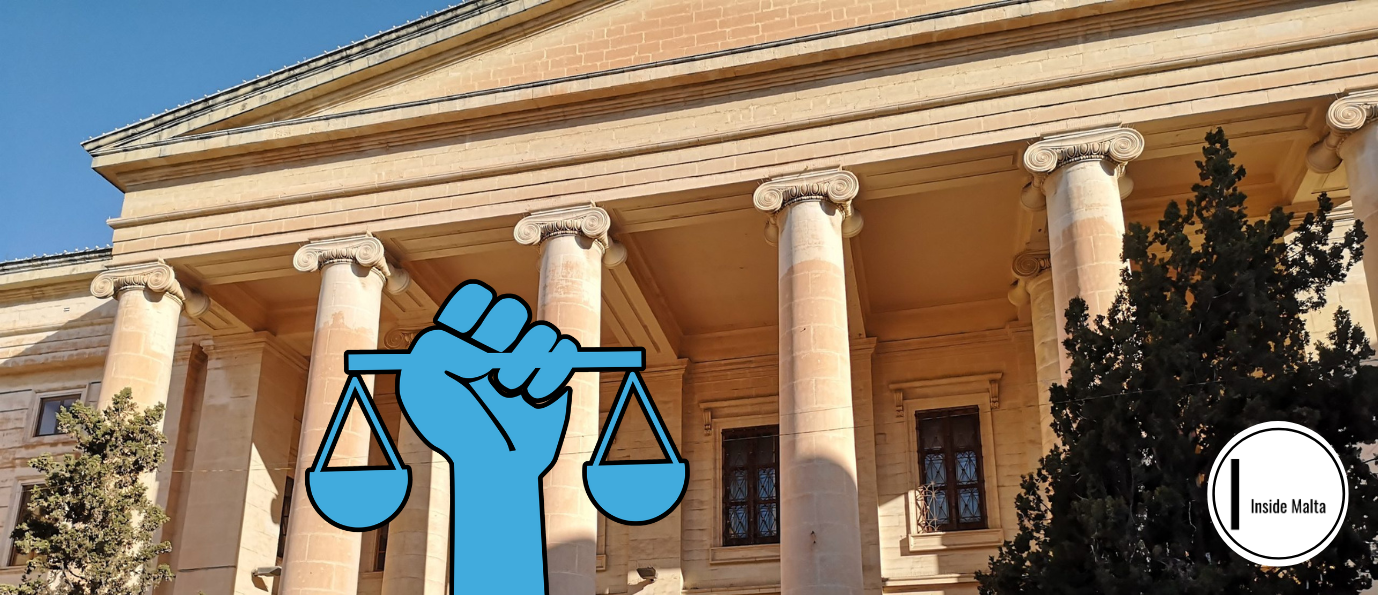The law typically examines the past when dealing with issues. For example, when a judge wants to Decide on verdicts, he will refer to similar past rulings and try to make his decision based on those previous rulings.
This article will deal with the most talked about Maltese legal issue, the Pilatus Bank case, so it is only appropriate to analyze it in light of what is customary in the legal world. Can we analyze the Pilatus Bank case based on the ruling of the American court regarding the same issue? Let’s find out.
Background
The U.S. government has investigated Sadr since 2014 after prosecutors pursued Sadr for more than six years. They charged him with a six-count indictment, arrested him with no prior notice of the investigation, and fiercely fought for his pretrial detention, imprisoning him for three months before his release. A total of 14 prosecutors worked on the case. The trial was marred by the mid-trial disclosure of exculpatory evidence undercutting the government’s theory of the case, which the prosecutors had improperly suppressed.
However, the court declined to dismiss the case, and the jury ultimately returned a guilty verdict on five of six counts after a hard-fought trial at which Sadr testified in his defence.
The government immediately sought to revoke Sadr’s bond, which the court fortunately denied. Then nearly three months after the trial, the U.S. Attorney for the Southern District of New York notified the court that the prosecutors were dropping the case.
Judge Alison Nathan of the U.S. District Court for the Southern District of New York ruled on January 28, 2020, that investigators had been overly broad in the execution of the warrants and suppressed 429 of the 2,798 pages that the government planned to use at trial.
Malta Should draw conclusions from the U.S
Assuming that the trial against Ali Sadr ends in Malta as it ended in the United States, that is, with nothing, Malta will face a big problem.
First, Malta is not an economic powerhouse like the Untied States. The costs of conducting a trial in vain for six years for the American legal system are less significant than in Malta, where the legal fees have already reached a record-breaking amount of almost 12 million euros.
Second, Malta is open to prosecution by the defendant. Businessman Ali Sadr Hasheminejad filed a complaint against Malta at the World Bank’s International Centre for Settlement of Investment Disputes (ICSID). The arbitration institution determined that Sadr’s claims against the mishandling of his bank by the Maltese financial authorities are legitimate. Pilatus Bank, owned by Ali Sadr, has been in complete disablement since July 2021.
The belief that the legal system in Malta will succeed where the American legal system has failed is not only ignoring the past but is almost disconnected from reality, especially considering that the American legal system is stronger than the Maltese. The system needs to focus on damage reduction and turn its attention to the future and the restoration of Malta’s judicial system.










